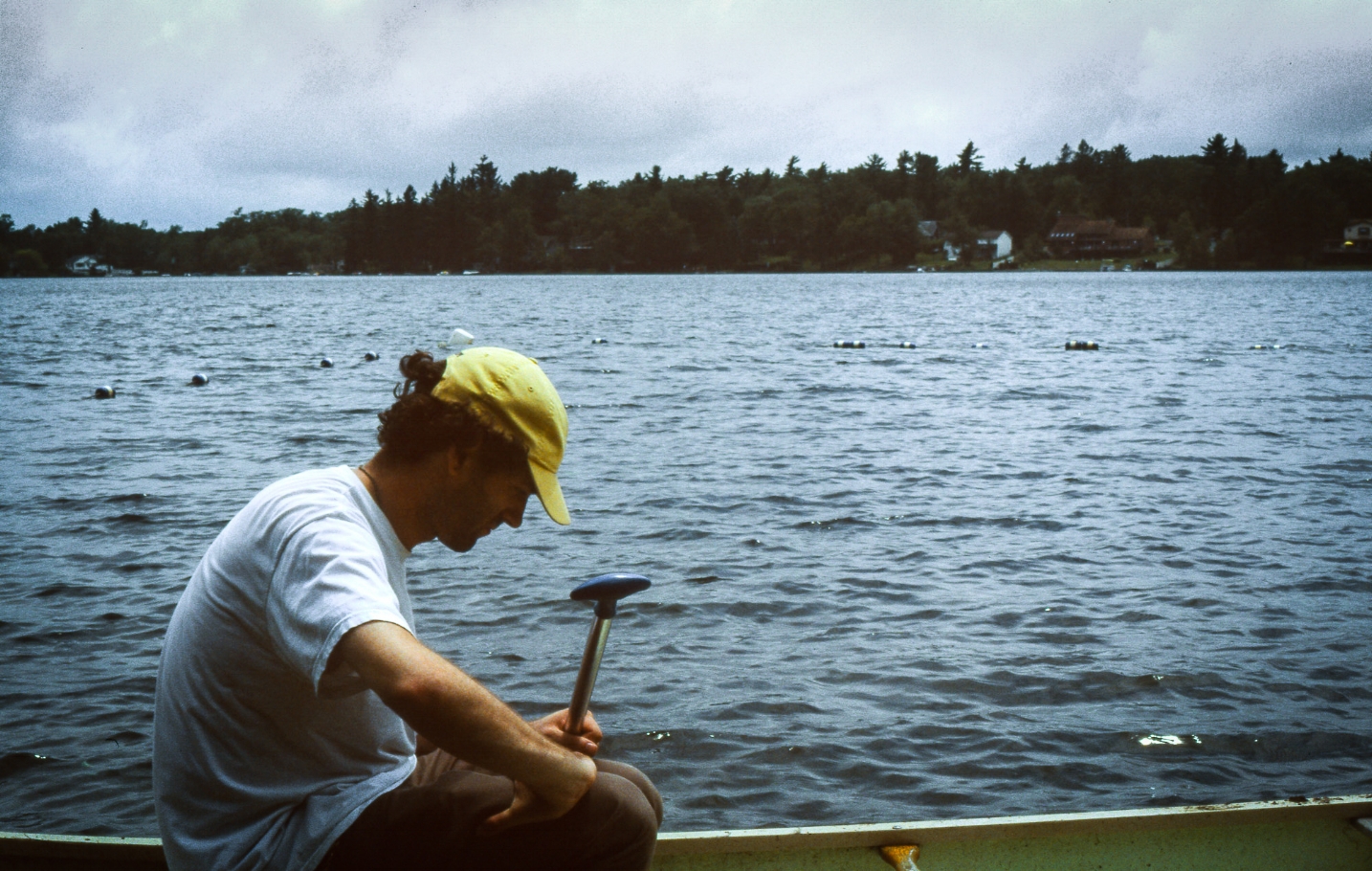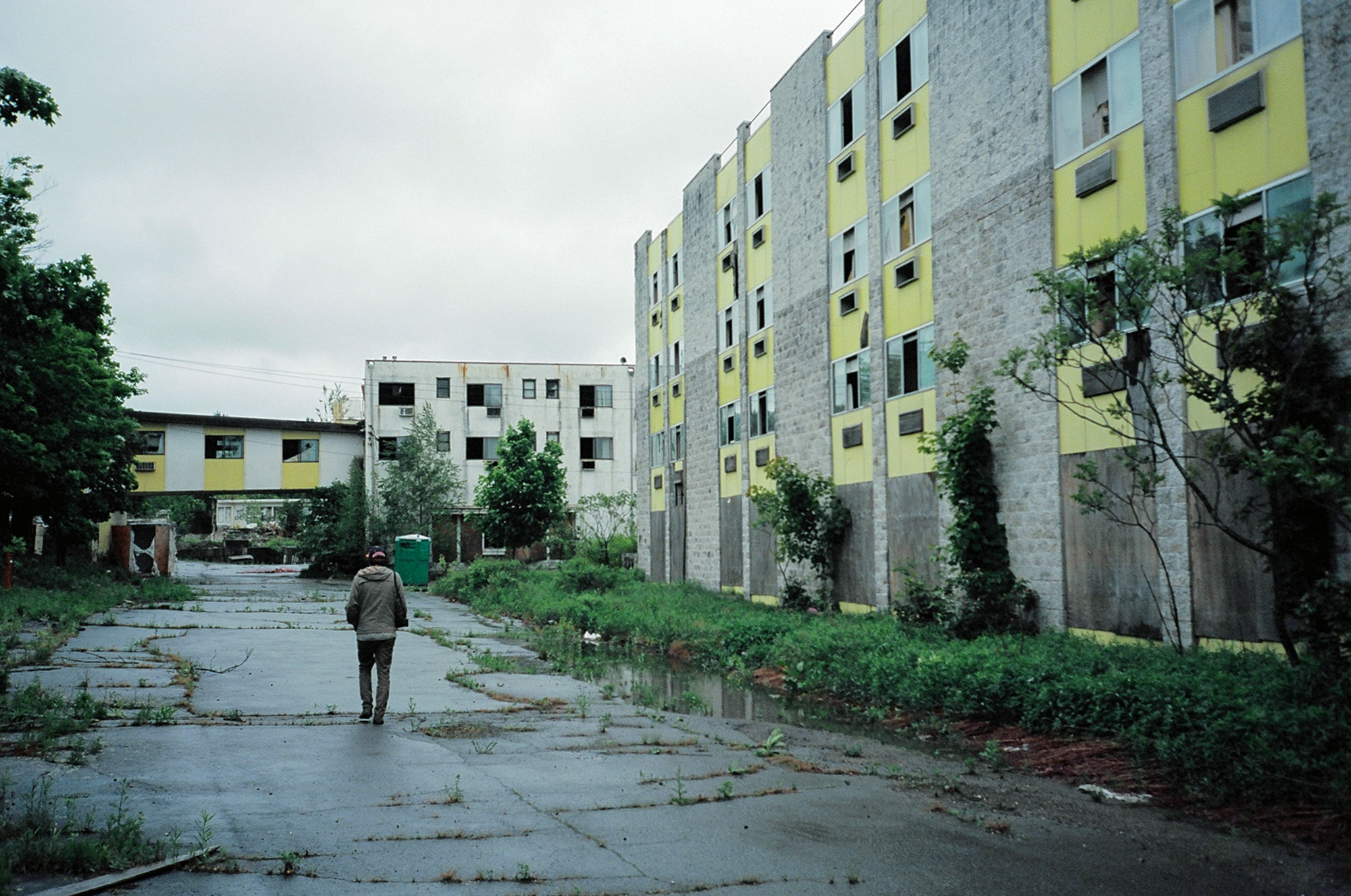THERE IS NO GRAVITY x AARON BROWN
There is nothing more gratifying than working with people who inspire you and those who affect others with their work. Aaron Brown (of the Focus Creeps moniker) champions both charges with his visceral projects that work towards a deeper, unbiased understanding of what we are all doing here and what that means.
In his latest film THERE IS NO GRAVITY he takes us on an intuitive ride of adolescence that harkens the apogees in the transition to adulthood.
Enjoy the film below followed by some further thoughts from Aaron -
Tell us more about where this story came from - who was George Trakl? How did he make such an impression to inspire this story?
Trakl was a really over the top character. He died young. I think in the 27 club. But his dad was a pharmacist and he became addicted to all kinds of porto-drugs. Opium and formaldehyde dipped cigarettes. A hopeless alcoholic and during Freud’s triumphing of Cocaine in Vienna at the end of the 19th century Trakl was quick to dub it his and his sister’s “white angels”. He was also a beautiful writer. And he was also in love with his sister. It seemed only natural that this could be a universal story and updated.
When we began this project you referenced a wonderful explanation of Trakl’s work in that he does not force his commentary on the world around him, but rather that there is a certain silence throughout his writing. Did this find its way into TING? How does this silence work as opposed to traditional dialog?
His writing always has the sense that he’s actively letting the world happen to him. It’s like he’s in free fall but he consciously jumped. Even nature has this really ominous presence, always at its mercy but celebrating that relationship.
How has this type of relationship occurred for centuries but it still completely freaks people out?
I think because it’s a taboo that’s biological. It carries over to every species not just humans.
How did you navigate the balance between curiosity and taboo during the edit?
During the edit we felt so much more in the girl’s head. I started relating to how devastating and joyous her experiences were and began to relate to it and see other people in my life have the same devastating and joyous spectrum of emotions. It made me think that this film could be much more in her head. Whereas in reality she could have been having a much more average experience.
What is the rainbow apparition that Jill (Mercedes) sees?
The rainbow apparition is like a demiurge, a paranoia, an animated anxiety or angst that is adolescence. Why do we feel so close to dying when we’re so far from it as teenagers?
Overall there is a significant and poetic “return to nature” for both of the characters, what are they looking for?
I think the film is about a longing to connect and yet a longing to be free. Free from her parents yet still have something to hold on to and not fully be released into the atmosphere. To hold on to her brother. She’s jealous he left yet hangs out with the locals. She wants to be free from her father yet wallows in the woods with this half-baked premonition of her late mother as being a celebrity.
Why did you choose to film in Wurtsboro?
We had to film somewhere very lush. Not the desert. It has to be somewhere with moss and moisture that was almost alive, sensual and erotic.
The scale of this film, how there is a whole world full of personal histories, feels big. Were there any challenges in creating that context and environment?
It was hard to anchor the characters. It has a very dreamlike feel and relies a lot on atmosphere. It’s impressions. If I could go deeper I’d love to get to know the characters better in a more natural way. To contrast their interior worlds with the conversational world.
What's up next?
I am writing a feature with rural characters in Northern California about the collapse of the marijuana industry.
Can't wait.
Thanks so much Aaron, for having us on this one.
Another enormous thank you to our small family of cast and crew who truly made this possible. A summer we will never forget.








